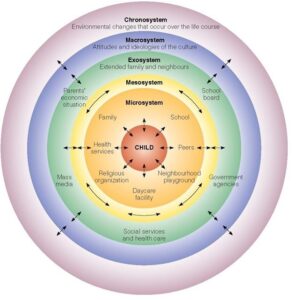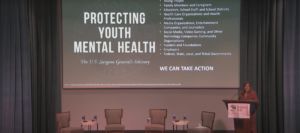Discover practical strategies to support your teen’s mental health during the holiday season. Learn tips on setting boundaries, fostering social connections, creating coping plans, and prioritizing self-care for the whole family.
Read More >>Kara Rothmann, PsyD, is the psychologist for the Skyland Trail adolescent residential treatment program. All adolescent clients receive psychological testing as part of the 12-week residential program. Dr. Rothmann answers questions about psycholocial testing and her role on the multidisciplanary treatment team below. Why is psychological testing as part of residential treatment important? Psychological testing…
Read More >>School will always have stressful moments, regardless of your generation. But today’s students face psychological stressors that some research indicates can contribute to increased rates of mental illnesses like depression and anxiety. As students begin a new school year, it’s important to consider the ABCs of mental health along with reading, science, and math. Students…
Read More >>Read on to learn about Elizabeth Ngo, LMFT, an adolescent family therapist with Skyland Trail’s adolescent program.
Read More >>Going back to school can pose mental health challenges. By equipping children with the tools to plan effectively, manage stress, and communicate their needs, parents can empower their children to thrive both academically and emotionally. Read on to discover some strategies I recommend to support children as they prepare to return to school.
Read More >>Get to know Abby Dickinson, LMSW, an adolescent primary counselor at Skyland Trail in Atlanta, Georgia, who treats teens ages 14 to 17.
Read More >>Ecological Systems Theory, or EST, is an integral part of the Skyland Trail adolescent residential treatment program for teens.
Read More >>Holly Tufan, LAPC, is a group therapist and care coordinator with the Skyland Trail adolescent treatment program for teens ages 14 to 17. In that role, Holly leads therapeutic groups, including dialectical behavior therapy (DBT) skills and ecological systems theory. They also help adolescents prepare for discharge from treatment, ensuring that teens and their families…
Read More >>As a family therapist for the adolescent treatment program, Brandon Baird, LMSW, MPH, has helped many families reconnect and find new ways to support one another.
Read More >>









